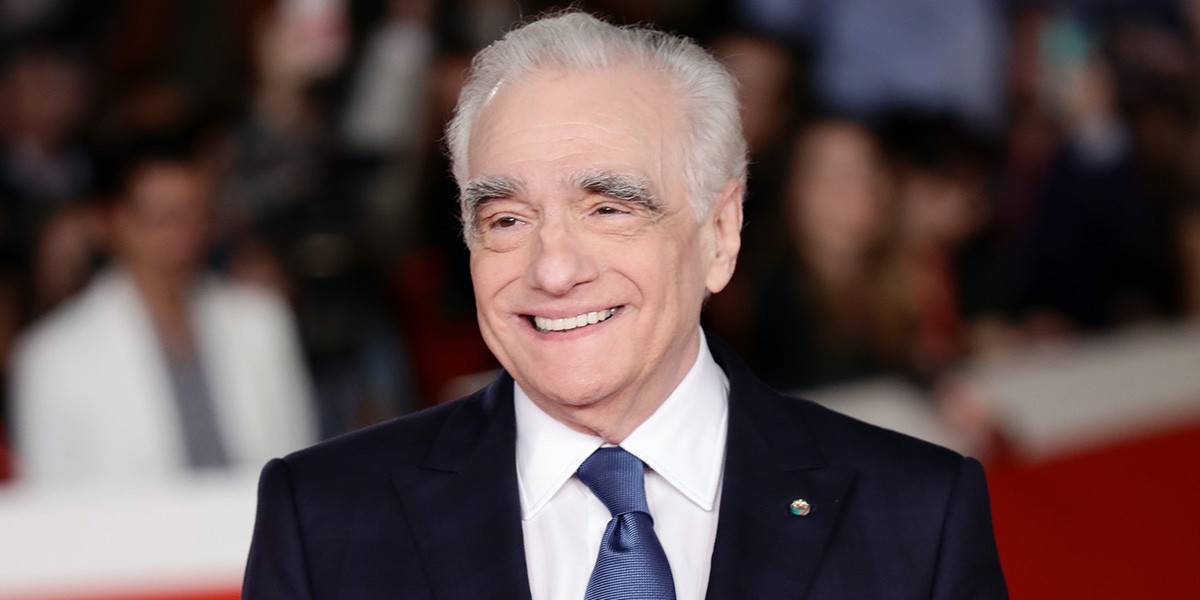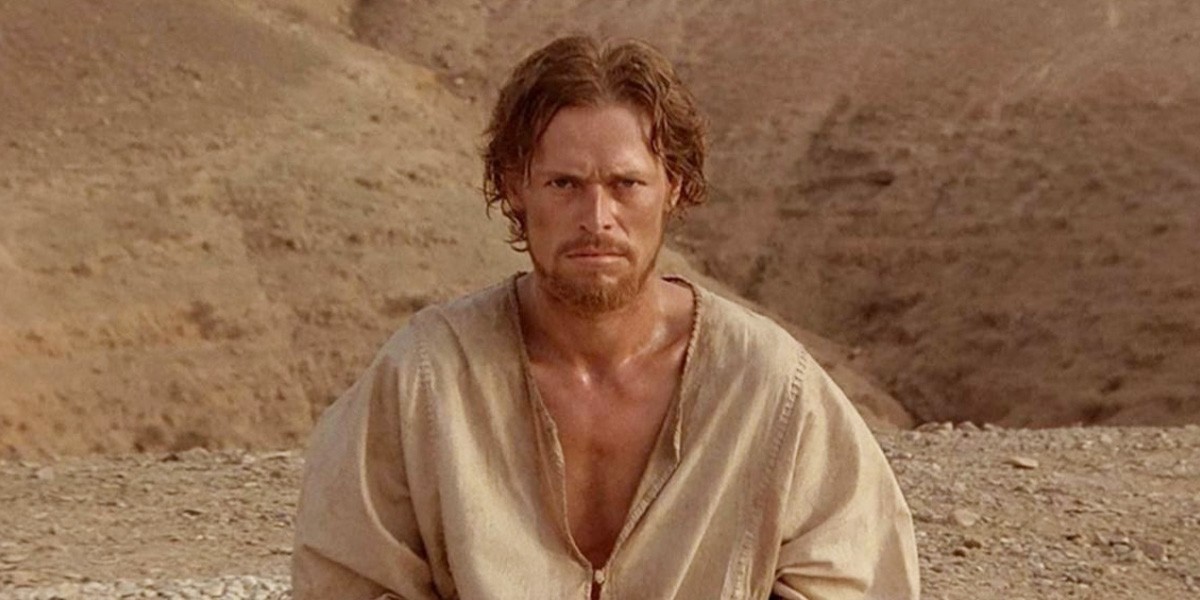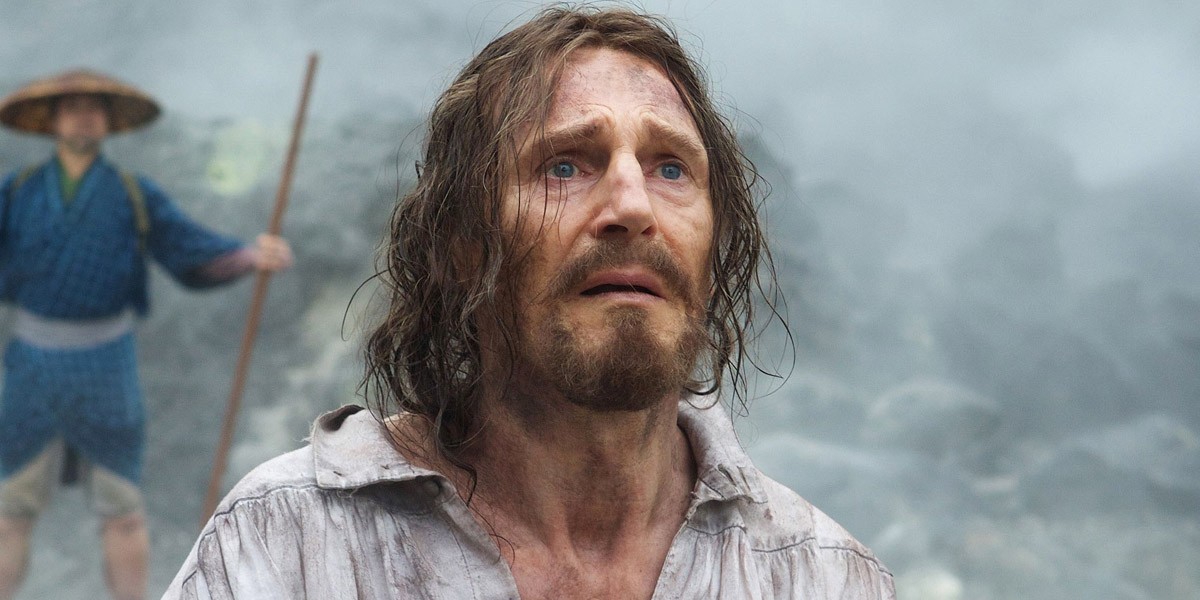Martin Scorsese has done a lot of highly acclaimed films over the decades, but among those were some provocative ones that really became the talk of the town. Directors are usually tested in terms of creative decisions, and no matter how ingenious and sincere their works are, many people would still find flaws in them.

Some of Scorsese’s most notably controversial films include The Wolf of Wall Street and Goodfellas, but the one that really challenged him was the 1988 movie The Last Temptation of Christ starring Willem Dafoe.
Martin Scorsese Defends His Controversial Epic Religious Film
In a roundtable discussion of directors via The Hollywood Reporter, veteran filmmaker Martin Scorsese revealed that his work on The Last Temptation of Christ received a lot of criticism, particularly from the church. He said:
“Last Temptation, definitely. Condemned by very conservative elements that are Christian evangelical. I am Roman Catholic, it’s a different thing. And even the hierarchy of the church condemned it without seeing it.”
Scorsese explained that the movie is an attempt to understand faith and the concept of incarnation. He wanted the film to serve as a bridge for an intelligent conversation and exploration of the subject.

The filmmaker admitted it took him several years to discover another way to use the concept and go deeper into it. He also noted that “it’s just an idea, it’s not based on the Bible, it’s not based on New Testaments.” With this experience, Scorsese reflected:
“It made me realize maybe art is important, but there’s something beyond that, and that’s what I had to deal with in myself.”
Christians worldwide condemned the film as blasphemous, and it remains one of the most debatable movies of all time.
Martin Scorsese Finally Did It Right In The Sequel

Despite the viewers’ mixed reception of Martin Scorsese’s The Last Temptation of Christ, he still found a way to try it again in 2016’s Silence. In the same discussion via THR, he explained:
“It took me years later to find the other way, to go further, and that was Silence, to go deeper into it, so what happens is that the iconography of the Last Temptation… it sets off people right away. Better to go behind, not go around the iconography.”
Silence was loved and praised by fans and critics alike, and it also received an Academy Award nomination for Best Cinematography. It is the last of Scorsese’s trilogy movies that tackled and challenged religion and faith, after The Last Temptation of Christ and Kundun (1997).
The Last Temptation of Christ is available on Amazon Prime.
Source: The Hollywood Reporter

